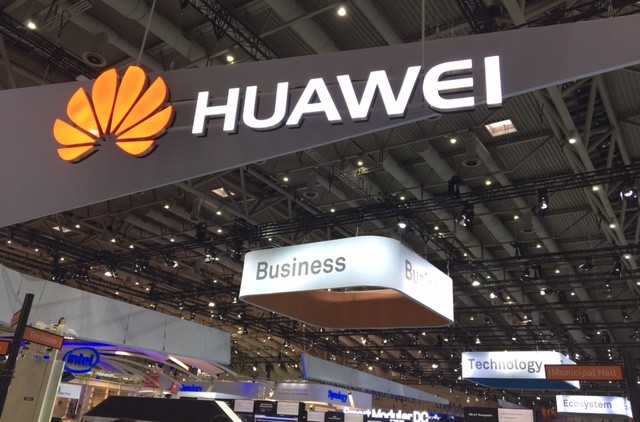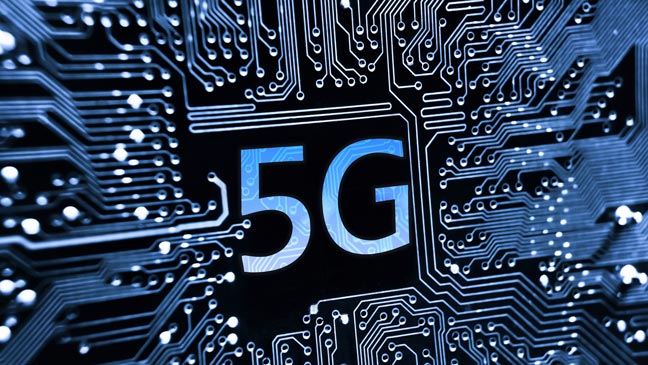Government Set To Approve Restricted 5G Role For Huawei

Government decision on Huawei set for Tuesday, as US secretary of state warns Chinese-made 5G equipment puts UK sovereignty at stake
The government is likely to approve a role for Huawei in the UK’s 5G networks on Tuesday, with new restrictions, as the US administration warned use of the Chinese firm’s products would be a threat to Britain’s sovereignty.
Meanwhile, the US Commerce Department has withdrawn a rule that would have placed additional trade restrictions on Huawei, amidst opposition from the Department of Defence and the Treasury.
The UK prime minister is looking to impose a market share cap on Huawei, while approving its use in non-core areas of the network, such as antennas and base stations, the Financial Times reported, citing unnamed sources.
The US has placed the UK and other allies under intense pressure to entirely ban Huawei from their networks on national security grounds.

Decision this week
US secretary of state Mike Pompeo on Sunday said the UK’s decision was “momentous”, citing MP Tom Tugendhat as saying, “The truth is that only nations able to protect their data will be sovereign.”
The government is planning to take a final decision on the matter at a National Security Council meeting on Tuesday, according to reports.
It is expected to consider two options: a total ban as requested by the US, or a ban on allowing Huawei to provide core services, coupled with a cap on market share.
A limit on how much Huawei technology could be used in a city or region would place a burden on telecommunications companies to strip out some Huawei gear in order to put alternative equipment into place, but would be less costly than a total ban.
Andrew Parker, head of MI5, and GCHQ have told ministers any security risk from Huawei could be managed, as long as the company is not operating at the core of the network.
Huawei has denied it poses a threat.
Divisions
Meanwhile, the US Commerce Department’s withdrawal of a rule that would have placed additional trade restrictions on Huawei highlighted the US government’s own sharp divisions over such measures.
The agency was considering broadening a rule that allows the US to place restrictions on electronics manufactured abroad, but which contain US-made parts.
Currently, the US can implement restrictions for items that contain a minimum of 25 percent of US-made parts, but the change would have lowered that threshhold to 10 percent.
It would also have extended the regulation to cover non-technical goods such as consumer electronics and non-sensitive chips.
The department withdrew the proposed changes after the Pentagon and the Treasury expressed concern that they could harm US businesses.
Several senators on the Select Committee on Intelligence wrote to defence secretary Mark Esper to demand an explanation for the department’s objections.
“It is difficult to imagine that, at the height of the Cold War, the Department of Defense would condone American companies contracting with KGB subsidiaries because Moscow offered a discount,” they wrote.